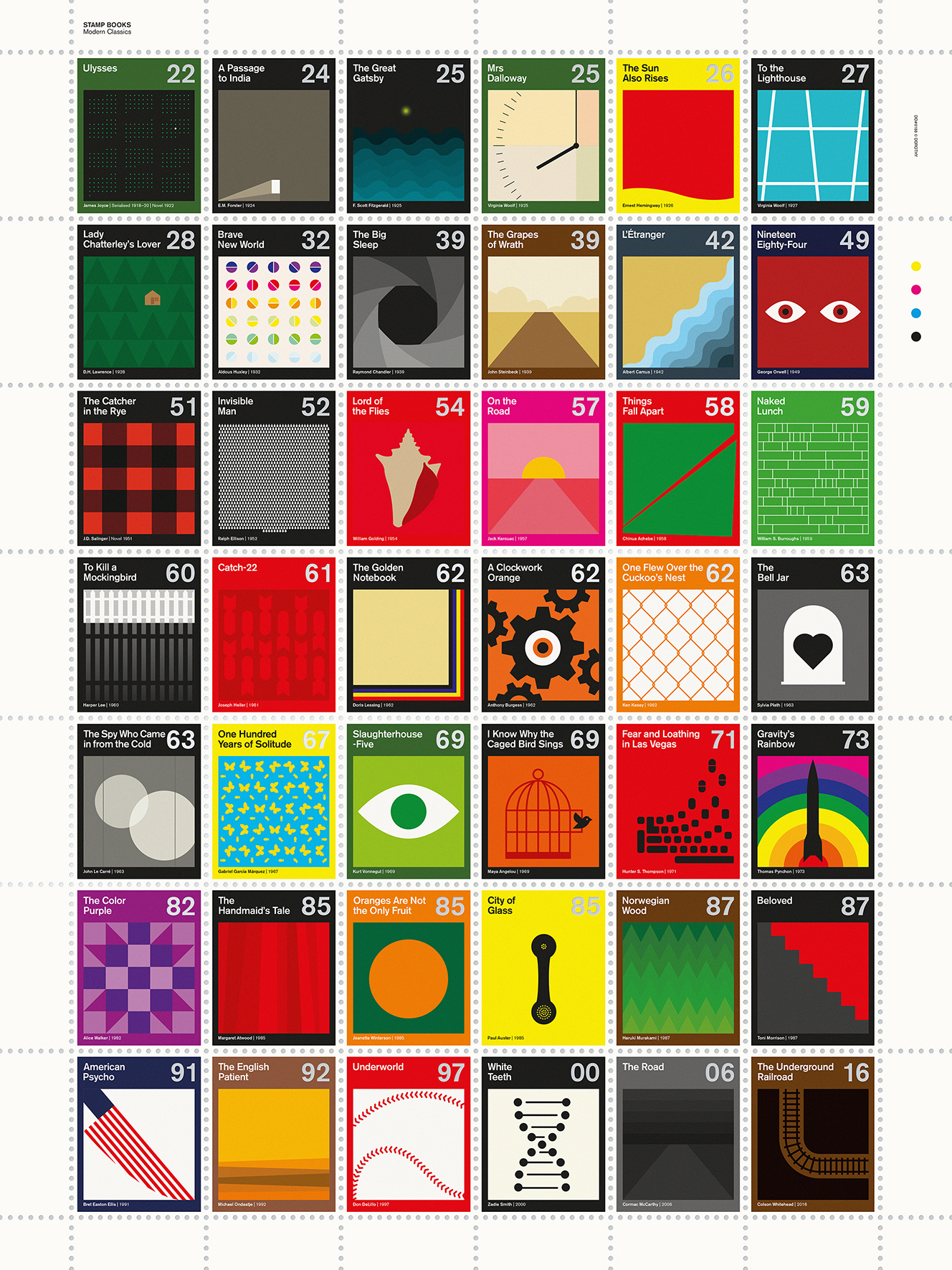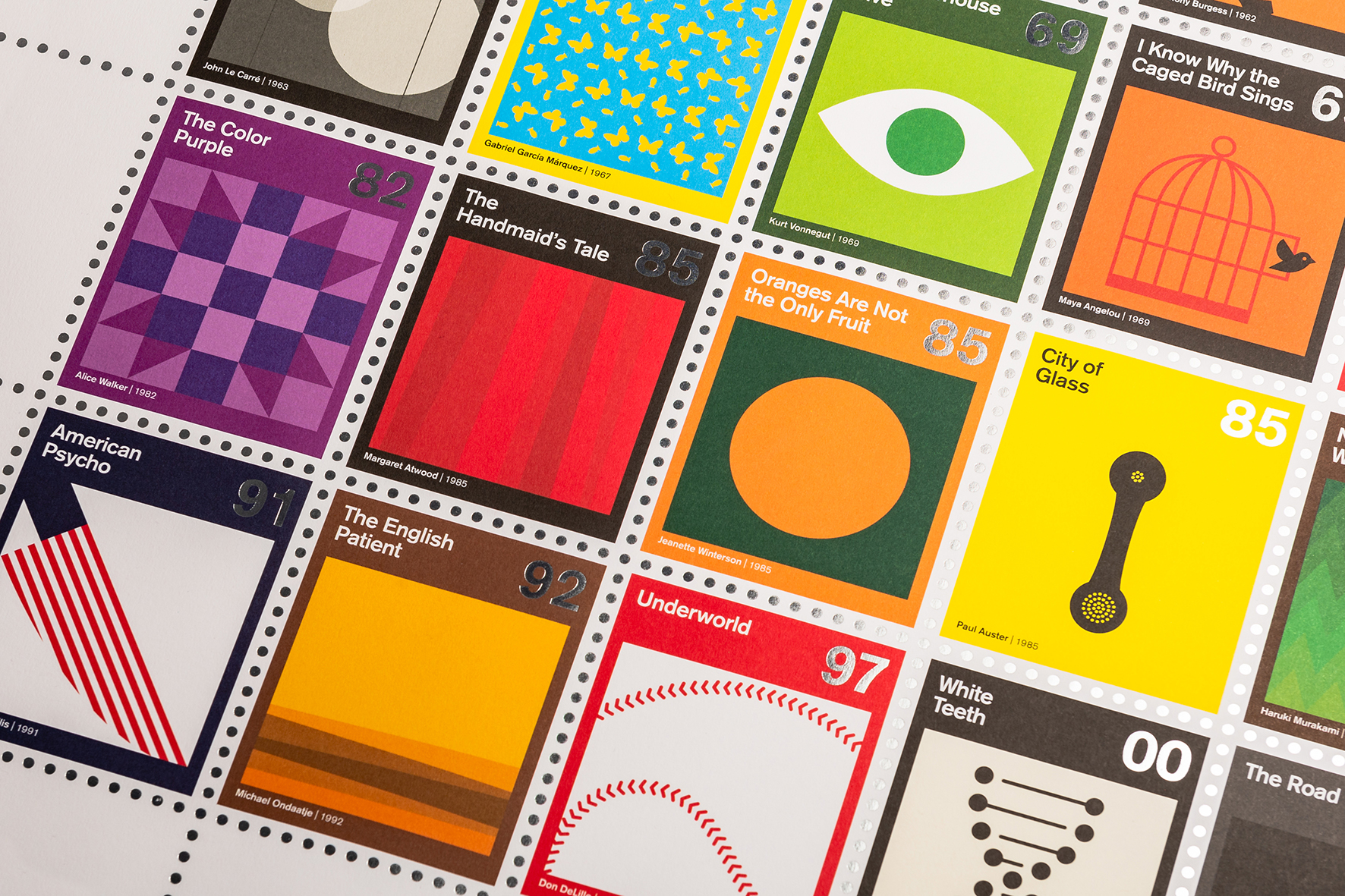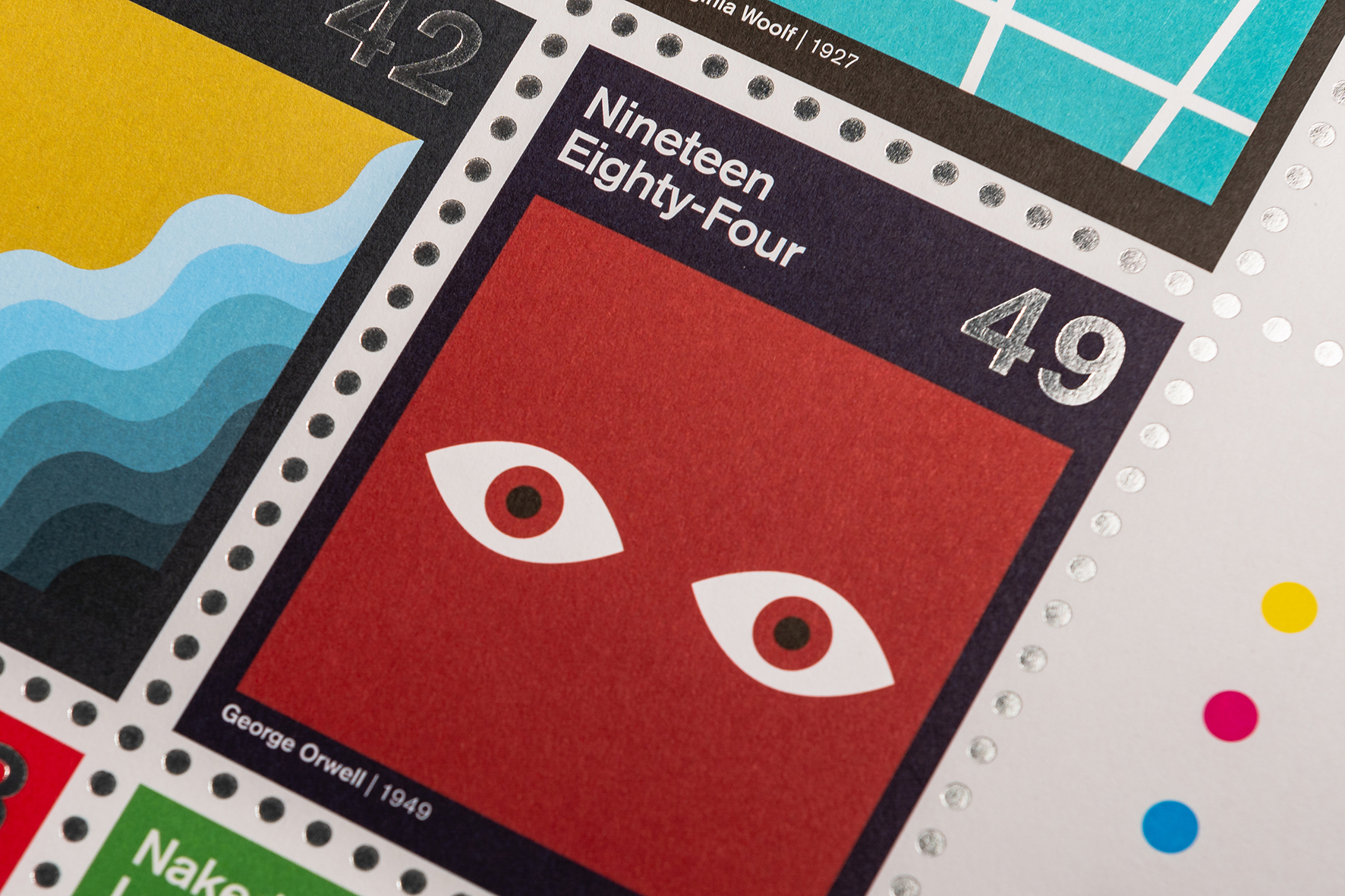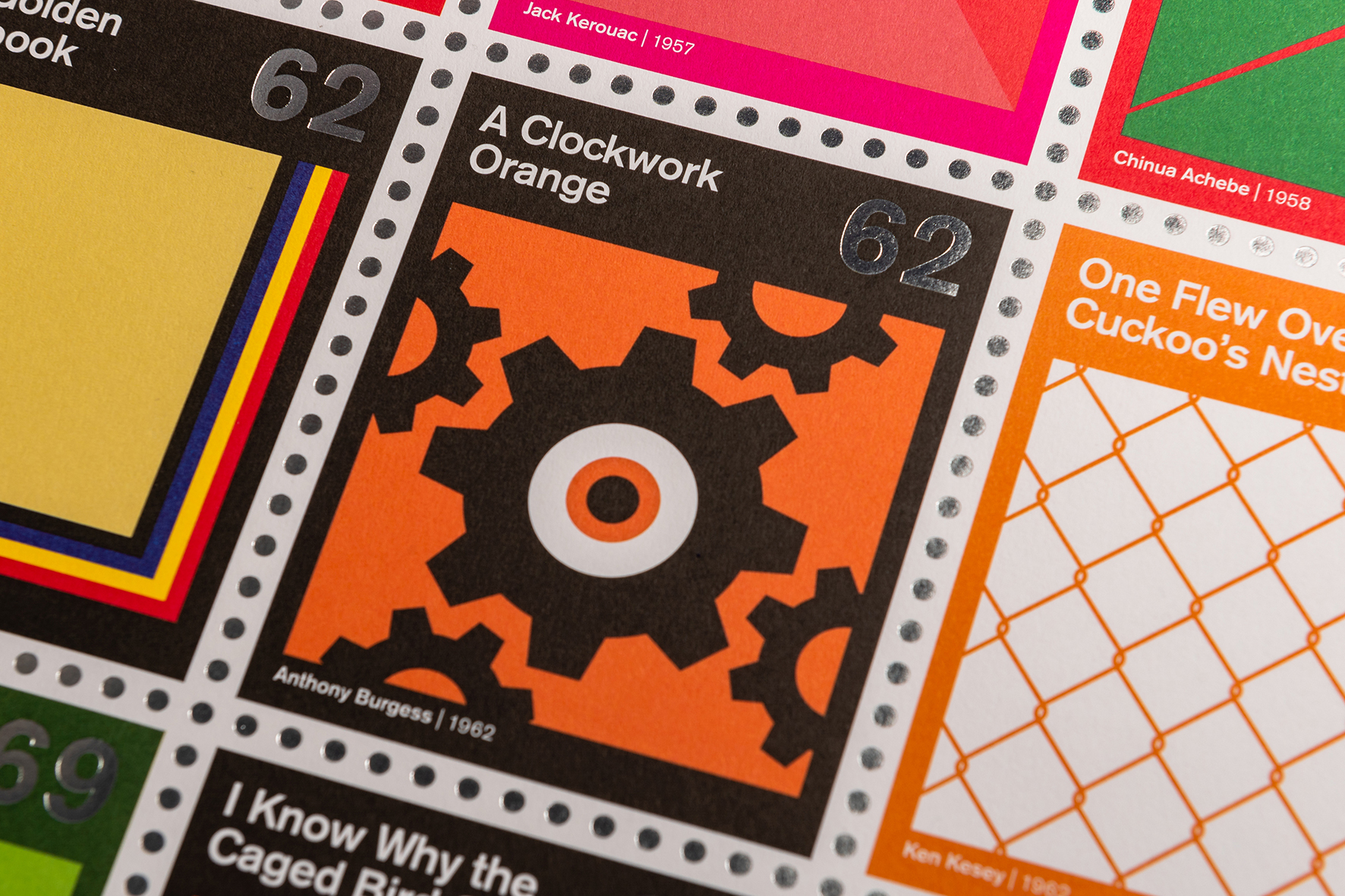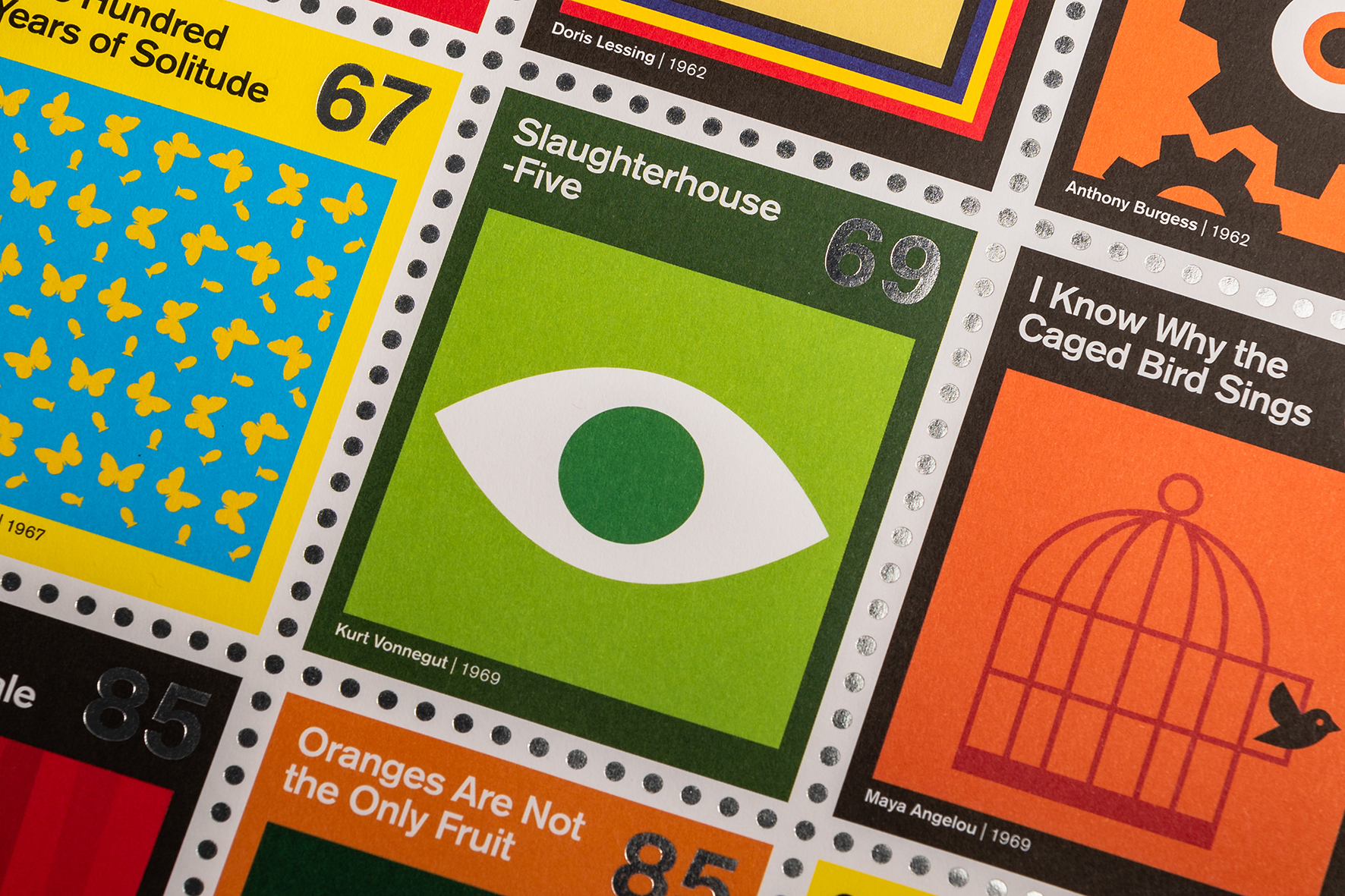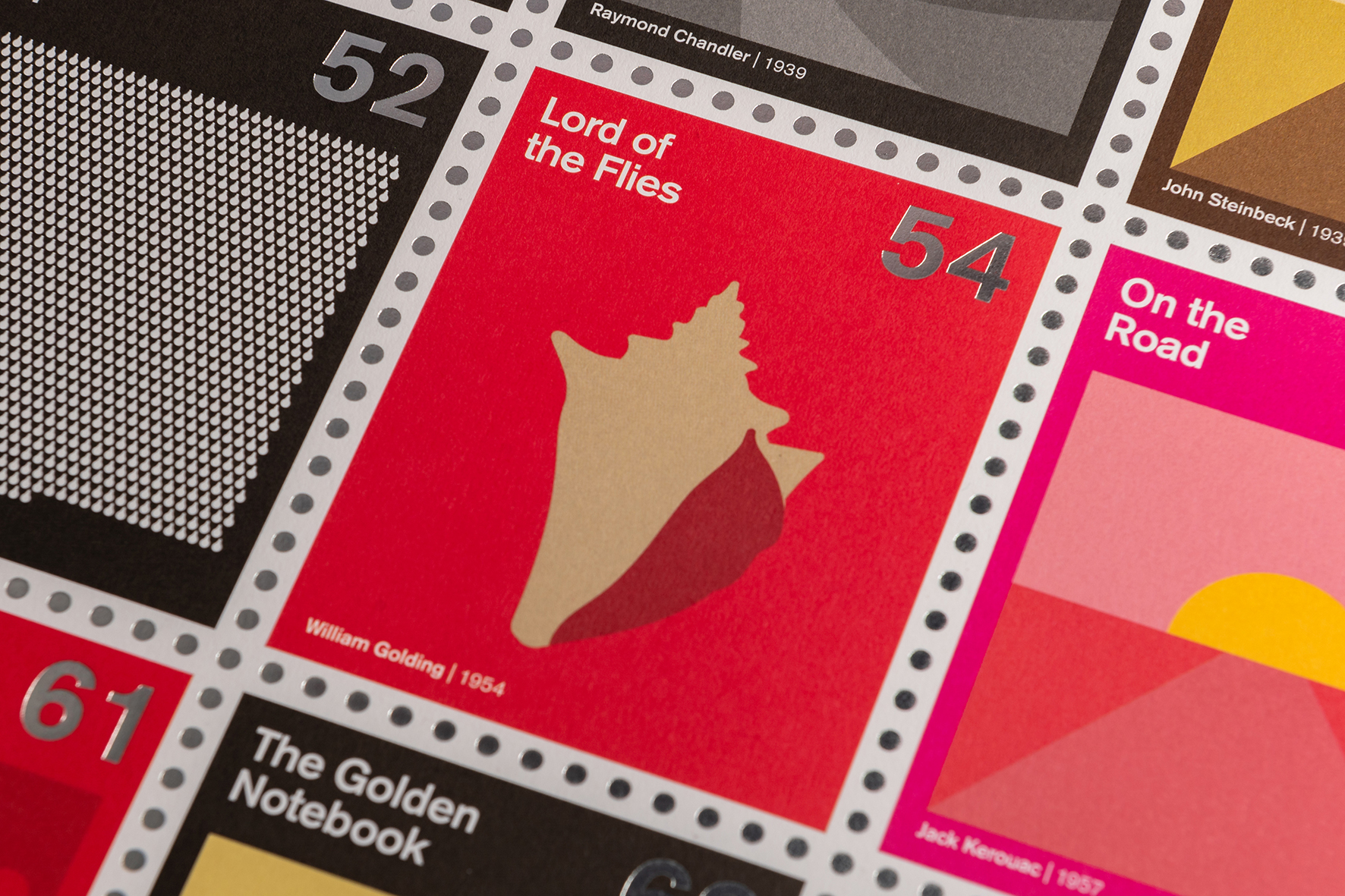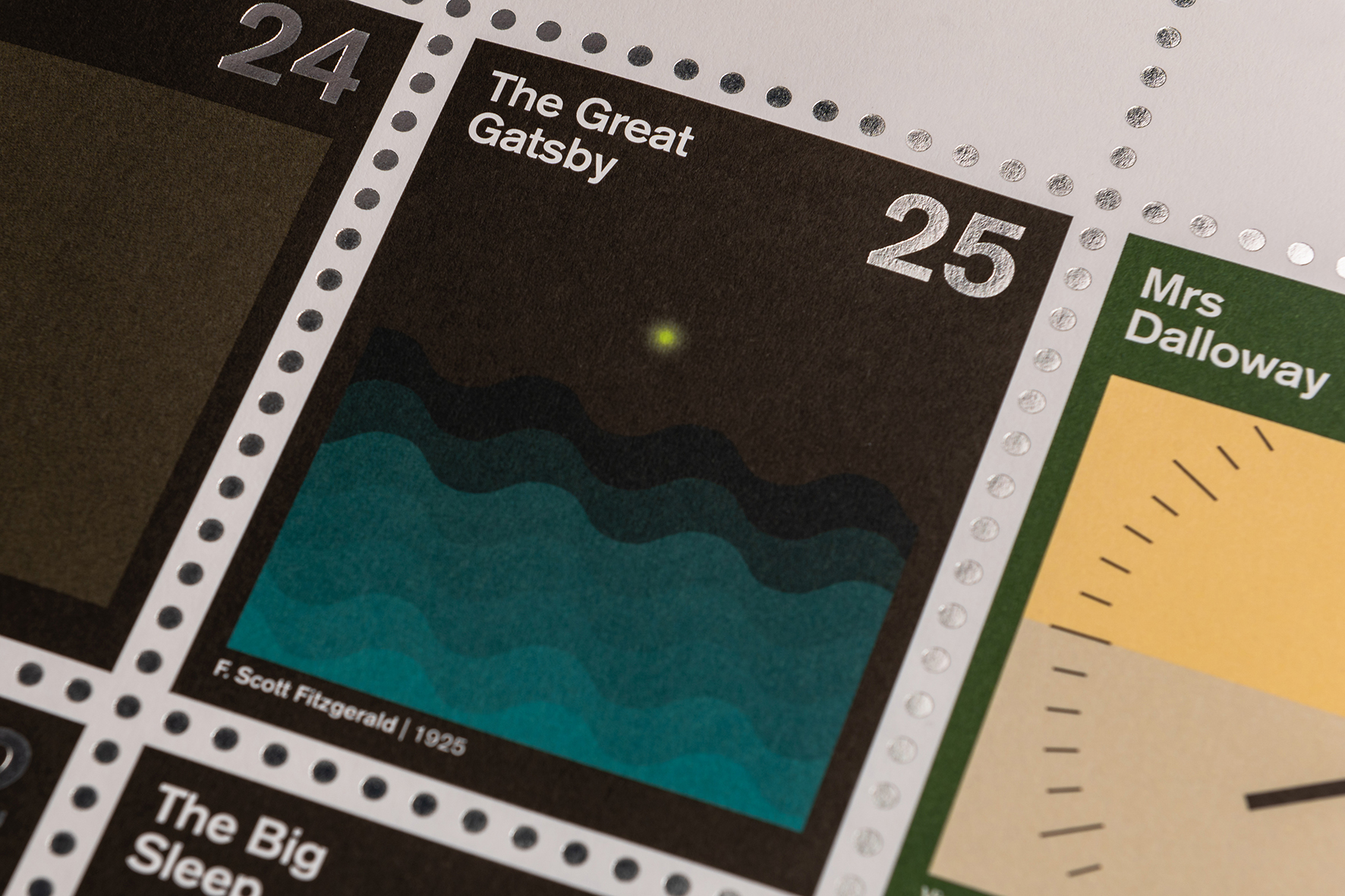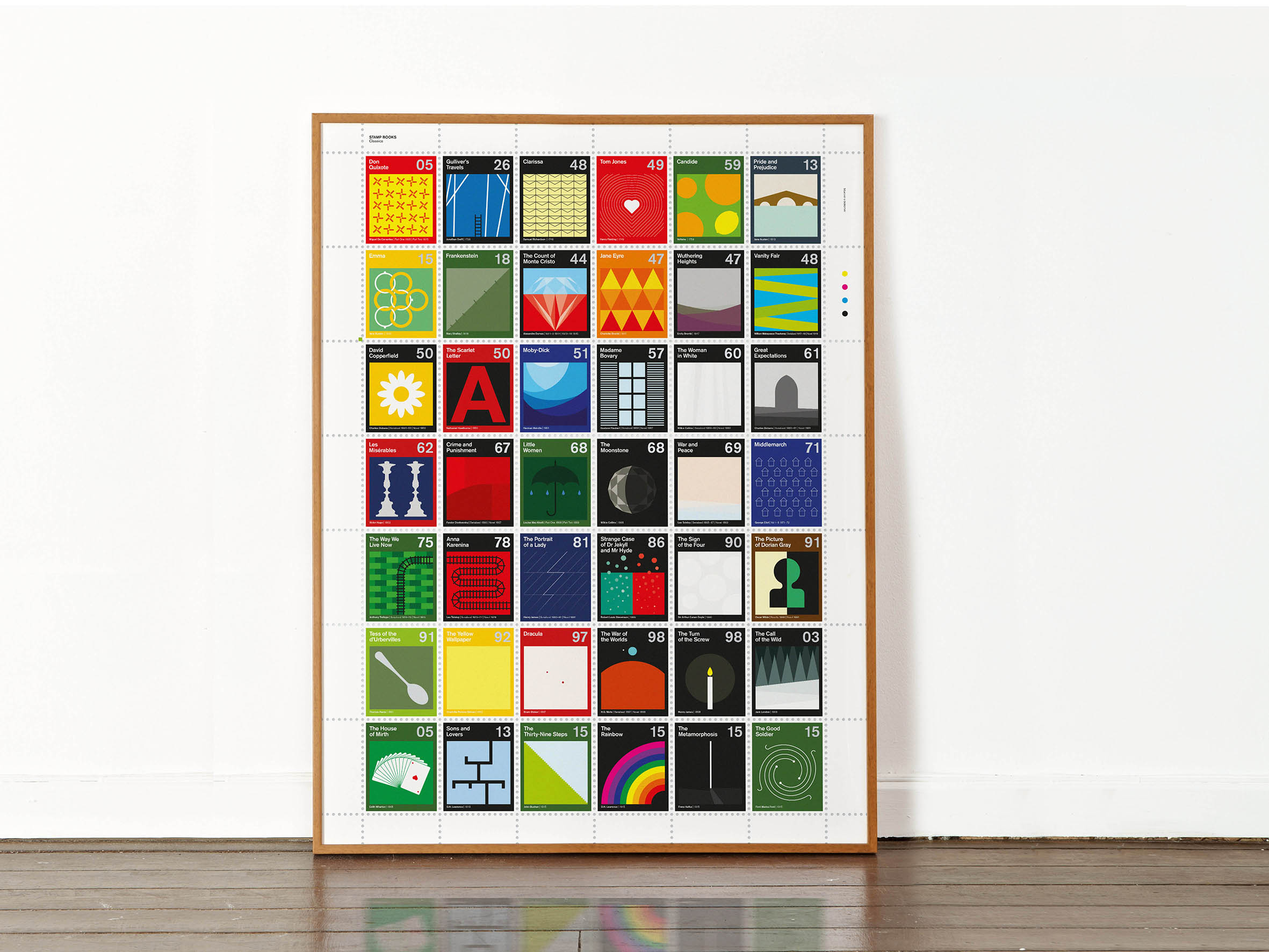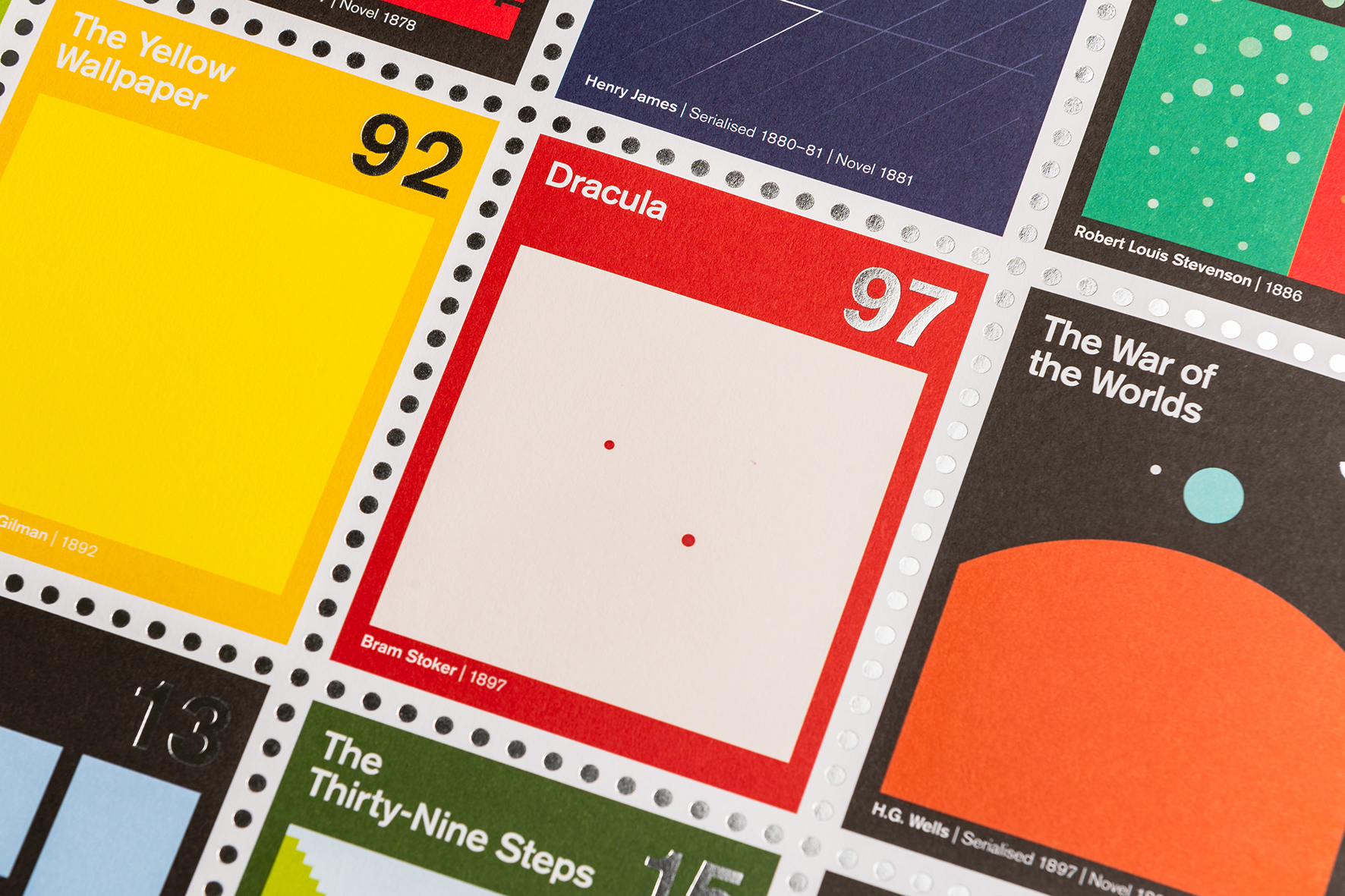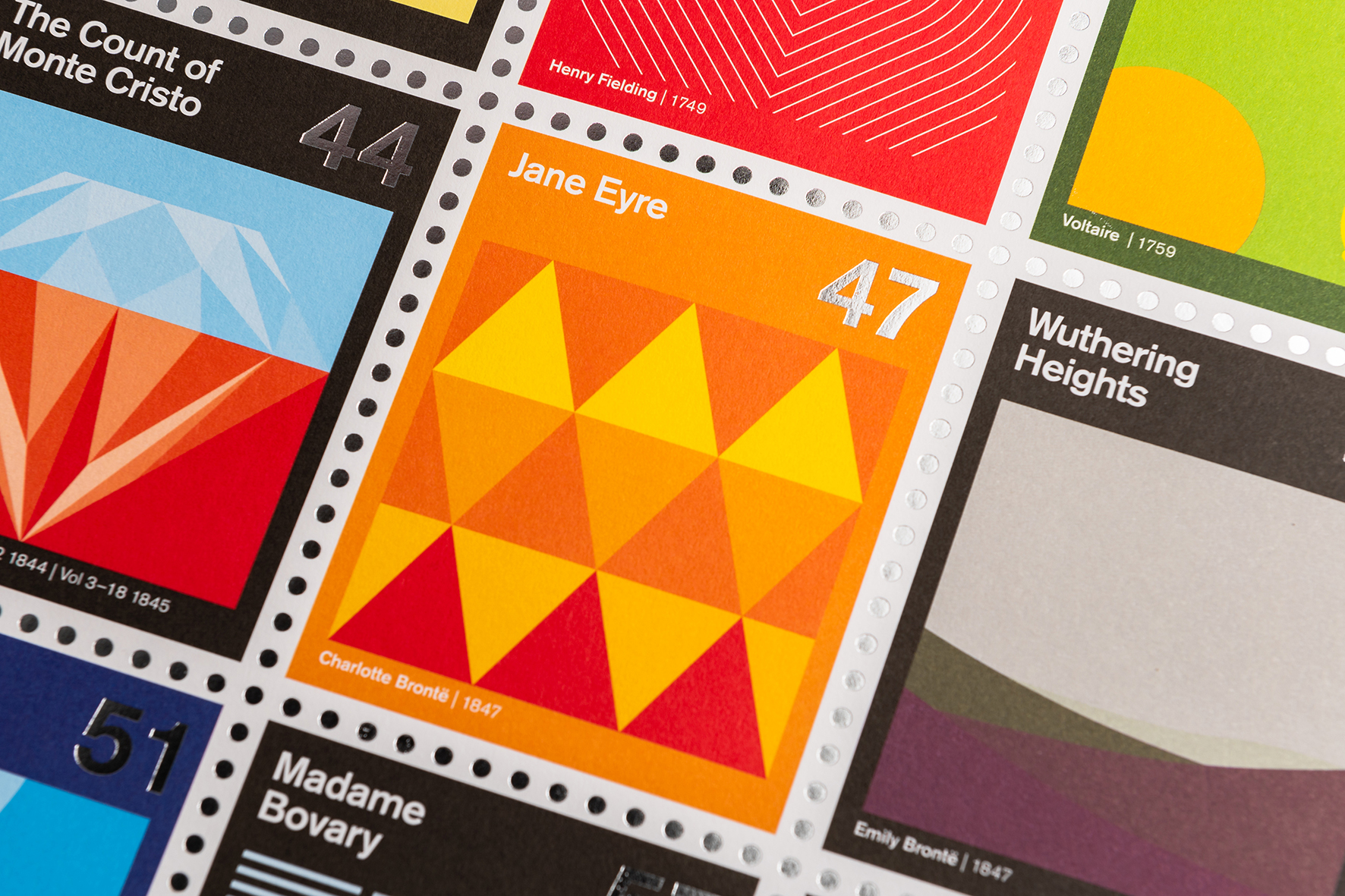[Most Recent Entries] [Calendar View]
Tuesday, November 2nd, 2021
| Time | Event |
| 8:00a | Hear Brian Eno’s Contribution to the Soundtrack of David Lynch’s Dune (1984) Though released just a few weeks ago, Denis Villeneuve’s Dune seems already to have garnered more critical acclaim than David Lynch’s 1984 adaptation of the same material. This comparison is, of course, unfair: Lynch was working under different conditions in a different time, not to mention with a markedly different cinematic sensibility. And in fact, Lynch’s version of the ambitious, saga-launching novel by Frank Herbert does have its fans, or at least viewers willing to praise certain of its aspects. Lovers of 1980s music, for example, value its score composed by the virtuosic rock band Toto — with the exception, that is, of a track from Brian Eno, Roger Eno, and Daniel Lanois. Brian Eno in particular is credited with popularizing ambient music, and “Prophecy Theme,” heard on the Dune soundtrack album as well as in the film itself, conjures up an atmosphere as effectively as any other piece of his work in the genre. “David flew me to Los Angeles to see Dune,” Eno recalls in a New York Times interview about his recently released compilation Brian Eno (Film Music, 1976-2020), which includes the track. “It wasn’t finished then. And I don’t know whether his intention or his hope was that I would do the whole soundtrack, but I didn’t want to, anyway. It was a huge project, and I just didn’t feel like doing it. But I did feel like making one piece for it, so that’s what I did.” Dune was indeed a formidable undertaking, and one that ultimately proved too big for Lynch. Some fans would argue, even after the successful first installment from Villeneuve, that it’s too big for any filmmaker. But the world Herbert created, one both sweeping and uncommonly detailed, has inspired many a creator to produce impressive work for projects both realized and unrealized. Perhaps it counts as a missed opportunity that the latest Dune film, with its apparent clean-slate approach to previous attempts at adaptation, didn’t commission a score from Eno, whose signature sonic textures could nicely have complimented Villeneuve’s instinct for the sublime. But then, a studio can’t go far wrong with Hans Zimmer either. Related Content: Hear Hans Zimmer’s Experimental Score for the New Dune Film Brian Eno Once Composed Music for Windows 95; Now He Lets You Create Music with an iPad App The Glossary Universal Studios Gave Out to the First Audiences of David Lynch’s Dune (1984) A Side-by-Side, Shot-by-Shot Comparison of Denis Villeneuve’s 2020 Dune and David Lynch’s 1984 Dune Brian Eno Reveals His Favorite Film Soundtracks Based in Seoul, Colin Marshall writes and broadcasts on cities, language, and culture. His projects include the Substack newsletter Books on Cities, the book The Stateless City: a Walk through 21st-Century Los Angeles and the video series The City in Cinema. Follow him on Twitter at @colinmarshall or on Facebook. Hear Brian Eno’s Contribution to the Soundtrack of David Lynch’s Dune (1984) is a post from: Open Culture. Follow us on Facebook and Twitter, or get our Daily Email. And don't miss our big collections of Free Online Courses, Free Online Movies, Free eBooks, Free Audio Books, Free Foreign Language Lessons, and MOOCs. |
| 8:00a | Behold 84 Great Novels Reinterpreted as Modernist Postage Stamps
Ali Johnson and Jim Quail of Liverpool-based design studio Dorothy had a hit with their music-based graphics, which recast seminal alternative, psychedelic, electronic, and post-punk albums as oversized postage stamps. Now, they’ve turned their attention and knack for highly condensed visual responses to the realms of literature. Their Modern Classics collection, above, synthesizes 42 titles into something emblematic and essential. How many have you read? How many would you be able to identify based on image alone?
It’s easy to grasp why the horizon figures prominently in On The Road, The Grapes of Wrath, and The Road. And understandably, the eyes have it when it comes to 1984, A Clockwork Orange, and Slaughterhouse-Five.
Elsewhere, the visual representations create connections that may take readers by surprise. (Stay tuned for a master’s thesis that teases out thematic parallels between The Color Purple’s quilts and Holden Caulfield’s red hunting hat in The Catcher in the Rye.) According to Johnson, she and Quail, avid readers both, fell out several times over which titles to include (and, by extension, exclude). English teachers at middle and high school level will rejoice at the number of syllabus favorites that made the cut. Potential stamp-themed creative assignments abound.
The conch may be an obvious choice for Lord of the Flies, but what of The Great Gatsby‘s green light? Why not the eyes of Doctor T. J. Eckleburg? Or one of those beautiful shirts? Discuss! Then make your own stamp!
Students are far less likely to be conversant in the 42 earlier works comprising Dorothy’s literary Classics stamps, though musical and movie adaptations of Little Women, Dracula, and Les Miserables should provide a toehold.
Our ignorance is such, we may need to reread Tess of the d’Urbervilles and Jane Eyre … or at least Google the significance of a spoon and all those orange and red triangles.
(Back in our pre-digital youth, Cliff’s Notes were the preferred Philistine option…) Dorothy’s stamp prints of Classics and Modern Classics are available for purchase on their website. Related Content: Good Movies as Old Books: 100 Films Reimagined as Vintage Book Covers 157 Animated Minimalist Mid-Century Book Covers Ayun Halliday is the Chief Primaologist of the East Village Inky zine and author, most recently, of Creative, Not Famous: The Small Potato Manifesto. Follow her @AyunHalliday. Behold 84 Great Novels Reinterpreted as Modernist Postage Stamps is a post from: Open Culture. Follow us on Facebook and Twitter, or get our Daily Email. And don't miss our big collections of Free Online Courses, Free Online Movies, Free eBooks, Free Audio Books, Free Foreign Language Lessons, and MOOCs. |
| 11:00a | Isaac Asimov Predicts the Future on The David Letterman Show (1980) In 1980, Newsweek published a cantankerous and sadly on-the-nose diagnosis of the United States’ “cult of ignorance” — written by one Isaac Asimov, “professor of biochemistry at Boston University School of Medicine” and “author of 212 books, most of them on various scientific subjects for the general public.” Given this intimidating biography, and the fact that Asimov believed that “hardly anyone can read” in the U.S., we might expect the science fiction legend wanted nothing to do with television. We would be wrong. Asimov seemed to love TV. In 1987, for example, the four-time Hugo winner wrote a humorously critical takedown of ALF for TV Guide. And he was a consummate TV entertainer, making his first major TV appearance on Johnny Carson’s Tonight Show in 1968, appearing four times on The Mike Douglas Show in the next few years, and giving his final television interviews to Dick Cavett in a two-part series in 1989. The same year he wrote about America’s cult of ignorance, he appeared on The David Letterman show to crack wise with the biggest wiseass on TV. Asimov held his own and then some. “Asimov, sixty in this video, proves himself a natural comedian,” writes the Melville House blog; “Letterman, thirty-three, can barely keep up.” Surely Asimov’s banter had nothing to do with The David Letterman Show’s cancellation three days later. (Letterman was back on the air for eleven seasons two years later.) Their interview ranges widely from pop culture (Asimov confesses his appreciation for both Star Wars and The Empire Strikes Back) to “the future of medicine, space exploration, hope for mankind, and much more,” Vic Sage writes at Pop Culture Retrorama. Asimov’s dry delivery — honed during his English-and-Yiddish-speaking Brooklyn childhood — is delightful. But the writer, teacher, and scientist hasn’t only come on TV to crack jokes, promote a book, and flaunt his muttonchops. He wants to educate his fellow Americans about the state of the future. (His Newsweek bio was outdated. As Letterman says, his appearance marked the publication of his 221st book.) Like Hari Seldon, the hero of his 1951 novel Foundation, Asimov felt confident in his ability to predict the course of human progress (or regress, as the case may be). He also felt confident answering questions about what to do with outer space, and where to “put more men,” as Letterman says. His recommendation to build “factories” may strike us as a banal forerunner of Jeff Bezos’ even more banal plans for office parks in space. Asimov boasts of the vision he had of “pocket computers” in 1950 — hardly a reality in 1980. Dave complains about how complicated computers are, and Asimov accurately predicts that as technology catches up, they will get simpler to use. “But these are little things,” he says. “I never tried to predict. I just tried to write stories to pay my way through college.” He must have paid it several times over, and he seemed to get more right than he got wrong. See more of Asimov’s predictions in the links below. Related Content: Free: Isaac Asimov’s Epic Foundation Trilogy Dramatized in Classic Audio Isaac Asimov Predicts in 1964 What the World Will Look Like Today Isaac Asimov Laments the “Cult of Ignorance” in the United States (1980) Josh Jones is a writer and musician based in Durham, NC. Follow him at @jdmagness Isaac Asimov Predicts the Future on The David Letterman Show (1980) is a post from: Open Culture. Follow us on Facebook and Twitter, or get our Daily Email. And don't miss our big collections of Free Online Courses, Free Online Movies, Free eBooks, Free Audio Books, Free Foreign Language Lessons, and MOOCs. |
| << Previous Day |
2021/11/02 [Calendar] |
Next Day >> |

